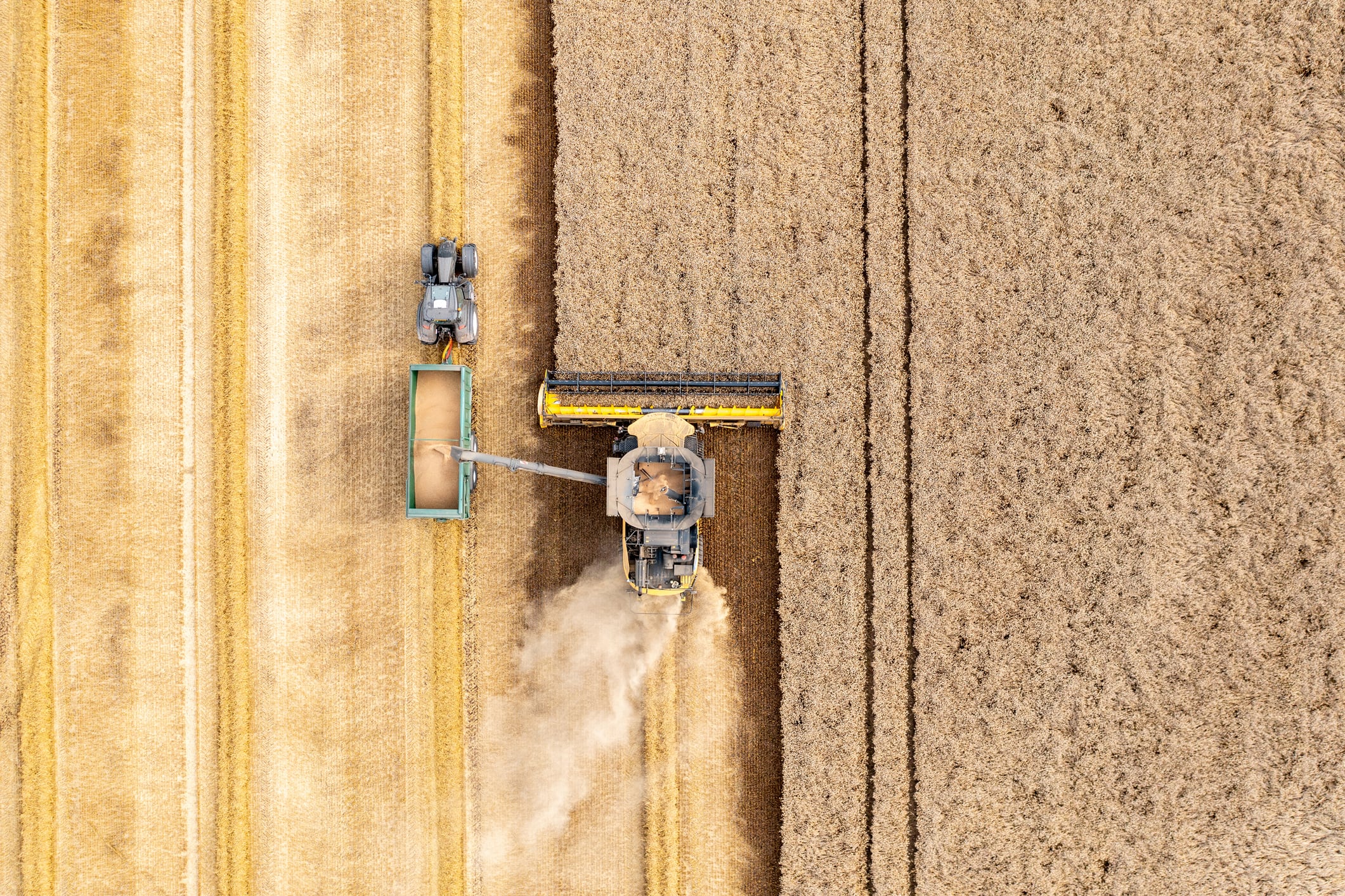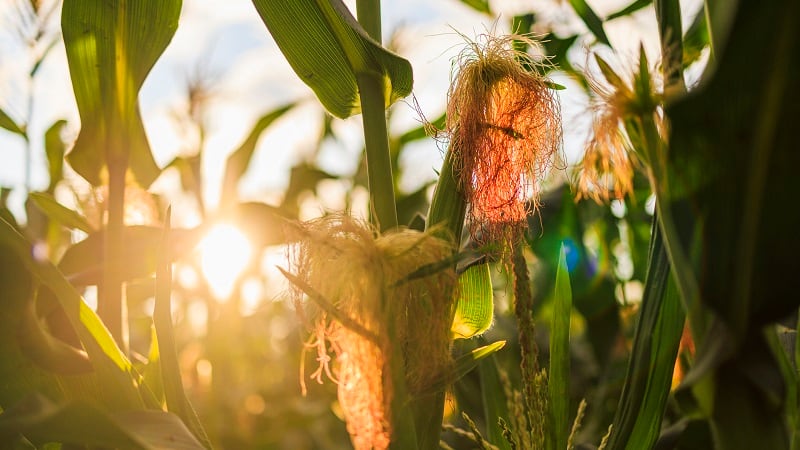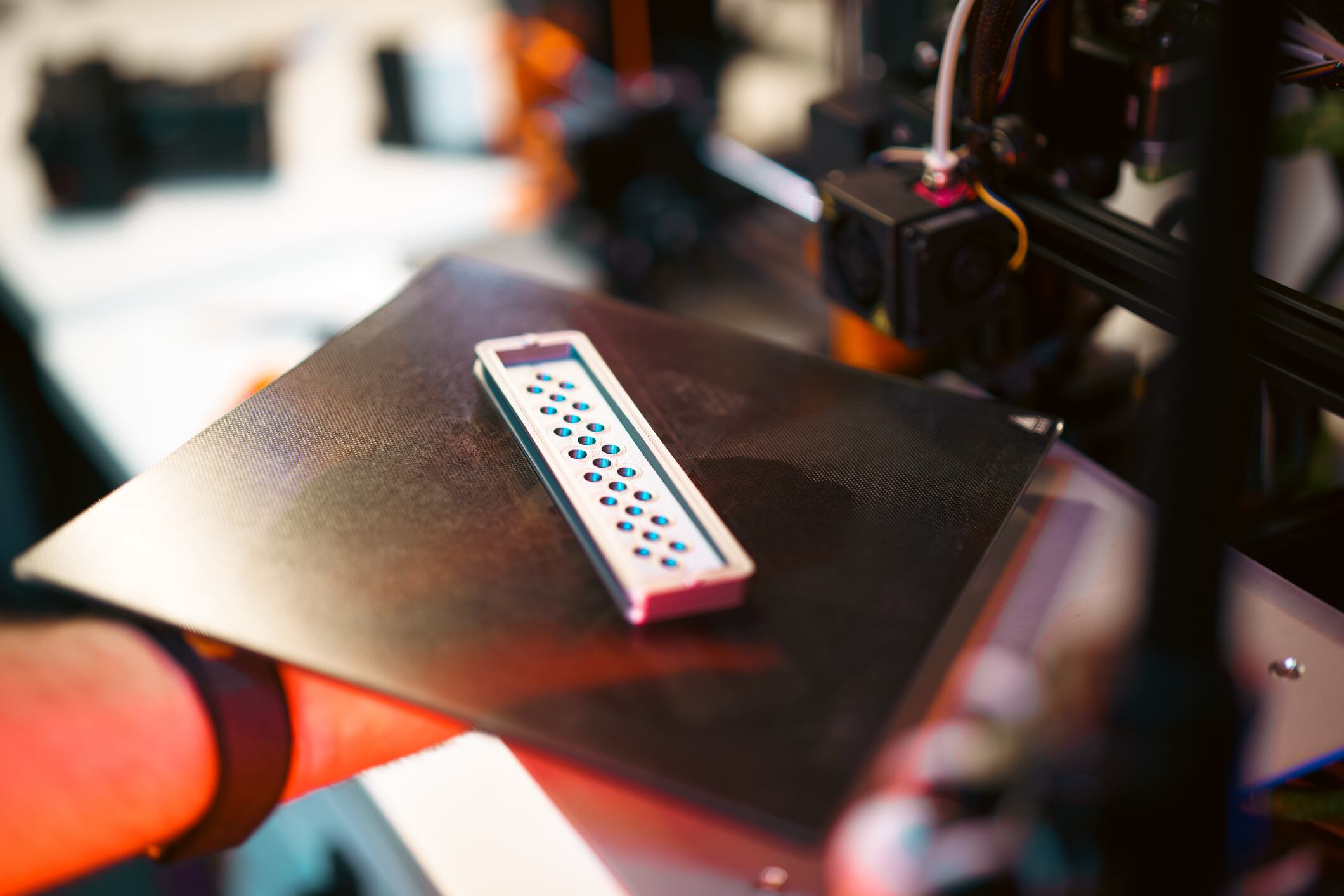
3D printing in agriculture outpacing global norm
A report reveals a rise in adoption of 3D printing in the agriculture sector.
Agriculture leads growth in the global 3D printing market, with 87% of companies printing more parts than the previous year – exceeding the 70% average across all industries – according to a report by ProtoLabs, a digital manufacturer.
3D printing in agriculture is not just about maintaining machinery but also about enabling customized, efficient, and data-driven farming solutions, the report emphasised.
Major agricultural equipment manufacturers such as AGCO, John Deere, and Caterpillar are using 3D printing to customize their machinery and parts.

Soil health analytics start-up TerraBlaster closes oversubscribed $4m pre-seed round
TerraBlaster digs into soil health metrics with laser-induced breakdown spectroscopy
Agtech veteran Jorge Heraud is hitting the ground running with his new company, TerraBlaster, with an oversubscribed pre-seed round, led by Khosla Ventures with participation from Bidra (the corporate venture arm of the OCP Group), The Reservoir, and Trailhead Capital.
Launched earlier this year, TerraBlaster uses laser-induced breakdown spectroscopy (LIBS) to analyze soil health, Heraud told AgTechNavigator.
The agtech start-up takes a pulse laser to heat up a tiny spot of soil — less than a square millimeter — to break down ions, Heraud said. Then, a device can measure the frequency of the ions breaking down, indicating various soil macro- and micronutrients, he added.

Can Ÿnsect reinvent itself? French protein player faces crucial test
Once hailed as a global pioneer in insect-based protein production, Ÿnsect continues its fight for survival.
The French Commercial Court of Évry extended the receivership observation period for Ÿnsect until September 2025. The decision, handed down on June 30, comes as the company presented a new business plan aimed at restructuring and adapting to evolving financial and market conditions.
The plan has been shared with key clients and commercial prospects, who, according to the Essonne-headquarted company, have responded positively and signaled strong interest in supporting the revised strategy.
Ÿnsect entered a safeguarding procedure to avoid insolvency in autumn 2024, following mounting financial pressures exacerbated by a challenging post-COVID investment climate. In the latest phase of its turnaround efforts, it is running operational trials at its Amiens facility to evaluate a new, lower-cost insect production model that combines traditional farming methods with the company’s accumulated expertise.

Is a turnaround under way at Bayer?
Bayer’s crop science division delivered stronger-than-expected earnings despite regulatory and market tests. Is this evidence that its focus on innovation to differentiate itself from generic competitors is beginning to pay off?
The German maker of pharmaceuticals and crop protection products reported solid crop science sales growth of 2.2% in the second quarter of the year. The rise was higher than analysts predicted and mainly due to strong corn seed and traits performance supported by price increases and higher acreage.
The rise in sales came despite significant litigation provisions, notably related to glyphosate claims worth €1.2 bn in Q2 alone, weighing down Bayer’s net income. Bayer also faces headwinds from regulatory impacts such as the loss of the controversial weedkillers Dicamba and Movento which are now effectively banned in the EU and US.

‘For farmers, fail fast is fail forever,’ JBS’ head of sustainability shares why agtech can miss the mark
Creating a sustainable agri-food supply chain requires collaboration across industry stakeholders, with a specific focus on ensuring agtech can actually deliver results for farmers and ranchers.
Agtech innovation can bring about a sustainable and efficient food system, but the reality is many ground-breaking technologies struggle to go beyond the testing phase and into the field because providers fail to gain the trust of the most important person — the farmer — Jason Weller, global chief sustainability officer at JBS Foods, told AgTechNavigator.
Through his years as a sustainability leader — including working on Land O’Lake’s carbon reduction service Truterra — Weller has seen numerous agtech initiatives come and go, with many failing to live up to their hype. Weller works on projects to bring sustainable agtech solutions to the food producer’s supply chain, including a recent project to improve sustainable meat production in Brazil.
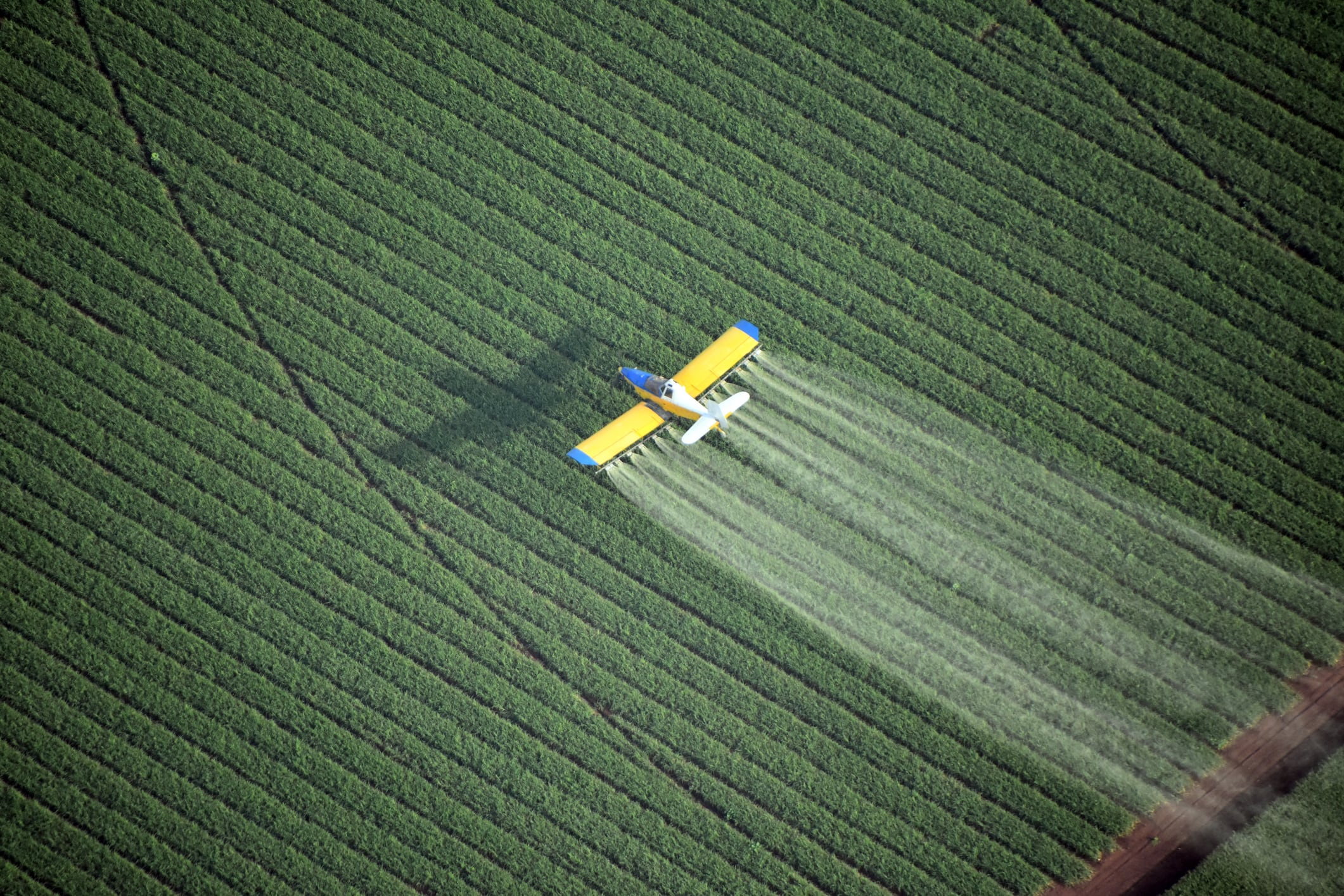
Bayer unveils first new herbicide mode of action in over 30 years
Regulatory submissions are under way in major markets for Bayer’s first new herbicide mechanism of action in over three decades, with the first launch expected in Brazil in 2028.
Icafolin offers a new tool against herbicide-resistant weeds and supports sustainable agriculture practices, the company said, by enabling no-till and reduced-tillage farming systems.
It is not intended to completely replace controversial herbicide glyphosate.
Instead, Bayer envisions Icafolin as a complementary tool to manage weed resistance and support sustainable farming practices. It is designed to be used in conjunction with existing herbicides like glyphosate, offering farmers more options and potentially reducing reliance on a single active ingredient.
Kraft Heinz says the business case for regenerative agriculture is overwhelming
The ketchup giant’s regenerative agriculture programme is helping futureproof its supply chain, says Patrick Sheridan, Kraft Heinz VP, global agriculture and sustainability
ATN: How is Kraft Heinz collaborating with European farmers and partners to promote regenerative agriculture practices across key crops like tomatoes?
PS: Ultimately, we believe that working with nature – promoting soil health, improving biodiversity and conserving water, will protect our food for the future. This philosophy has laid the foundation for how we partner with growers around the world.
We also believe that promoting outcomes versus practices fosters innovation, increases adoption, and delivers better results. With this approach, we work with growers to identify practices and technologies that work on their farm in their context.
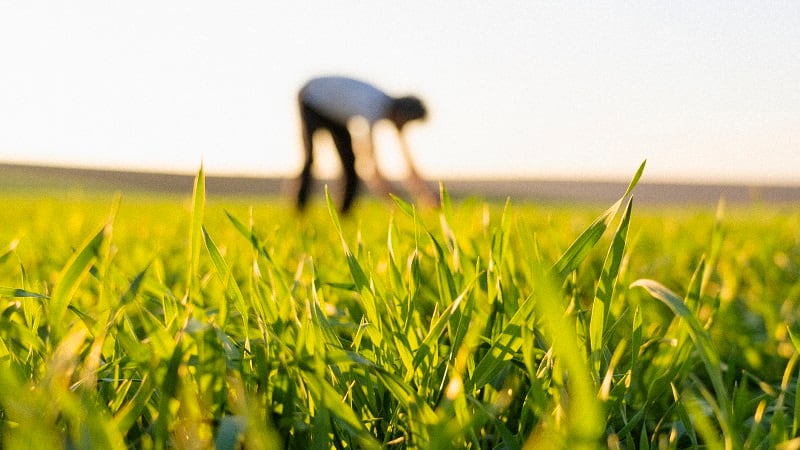
Why are US farmers struggling to adopt sustainable ag?
Can legislation like the One Big Beautiful Bill Act and an upcoming Farm Bill be the key to a more sustainable ag sector in the US?
US farmers operating with tight margins are struggling to make proper investments in sustainable agriculture practices and technologies, but recent regulations could change that dynamic, allowing growers to make the green switch, according to a recent Rabobank report.
Nearly half of 700 farmers are struggling to make sense of the economics of sustainable efforts, according to a survey that is part of Rabobank’s latest report on sustainable ag.
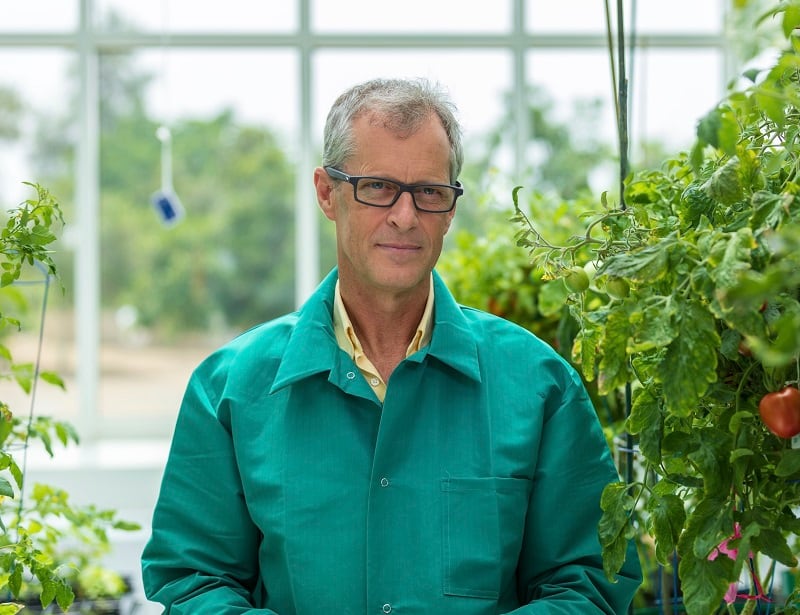
‘I was thinking this is old stuff’... Going retro could be key to the future of food, says plant scientist Mark Tester
Professor Mark Tester has spent the last decade on a quest to engineer crops to grow in the harshest of circumstances. A breakthrough has unlikely roots in decades-old science, he tells Harry Holmes.
Saudia Arabia is a tough place to grow crops. The combination of a hot dry climate and barren sandy soils mean getting anything to grow is often a struggle.
Yet as climate patterns grow more extreme, a similar fate threatens to spread around the world with 2 billion people living in places vulnerable to desertification. That is why the race is on to find a way to keep growing crops in even the harshest of circumstances.
Mark Tester is a professor of plant science at the King Abdullah University of Science and Technology (KAUST), a Saudi Arabian research facility spearheading innovation in crucial sectors such as agriculture, energy, and water management.
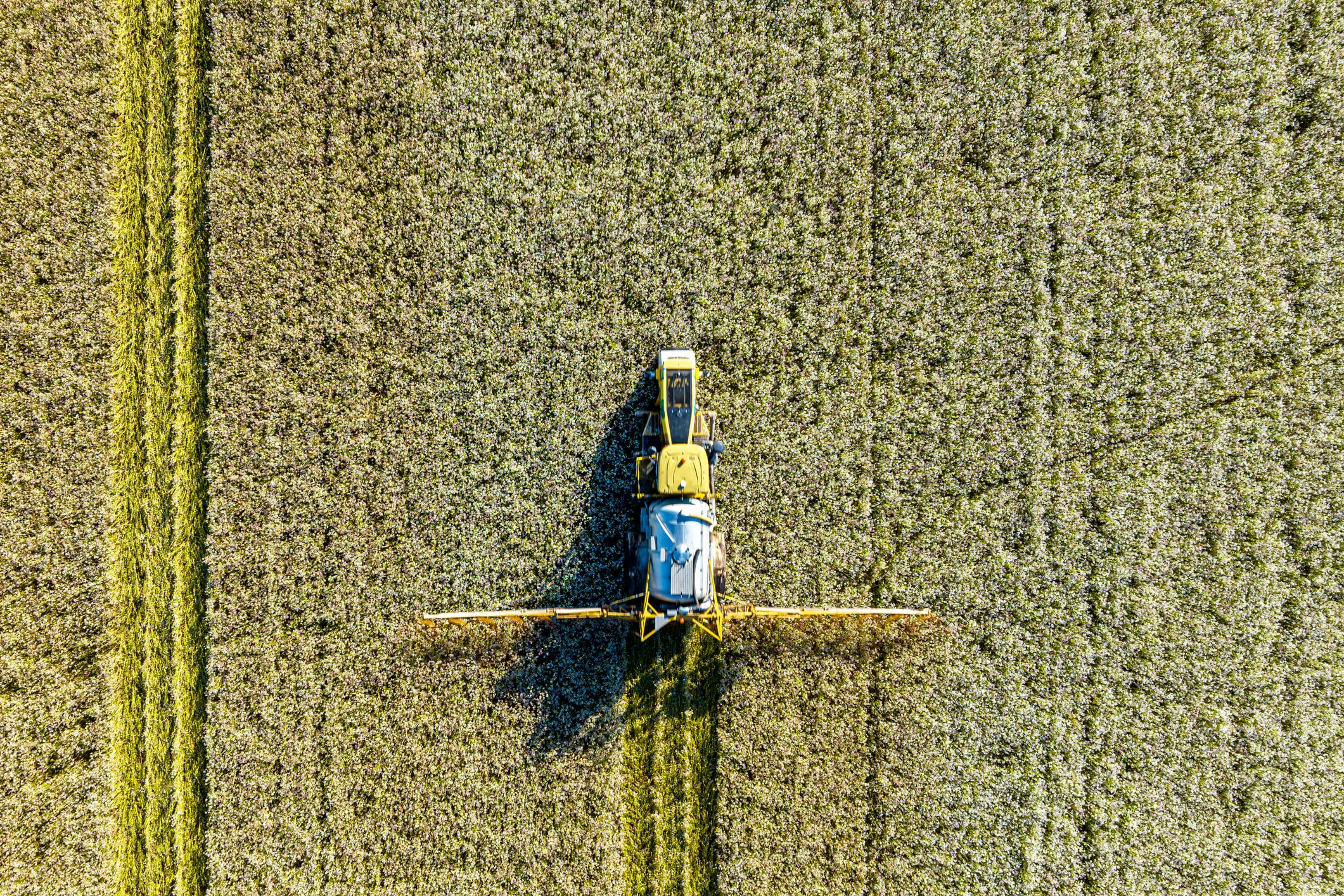
‘Programmable plants’ to be created by British agri-biotech Azotic Technologies
Farmers could soon apply microbes to crops to ‘reprogram’ them to be resistant against pests, diseases and environmental stress such as drought and heat, as a new research project gets under way.
Azotic Technologies has been awarded £500,000 from the UK’s Advanced Research and Invention Agency (ARIA) to make a low-cost, practical method of reprogramming plants by applying a microbial product to seeds or standing crops.
The York-based company, founded in 2012 as a spin-out from the University of Nottingham, will employ the same bacterium that it already uses in its flagship nitrogen-fixing product Envita (known as Encera in Europe).
The active ingredient in these products, Gluconacetobacter diazotrophicus, “possesses the unique natural ability to colonise a plant’s cells, fix nitrogen and promote growth,” explained Dr Adriana Botes, Azotic’s Research and Development Director. “But that’s not all it can do.”




